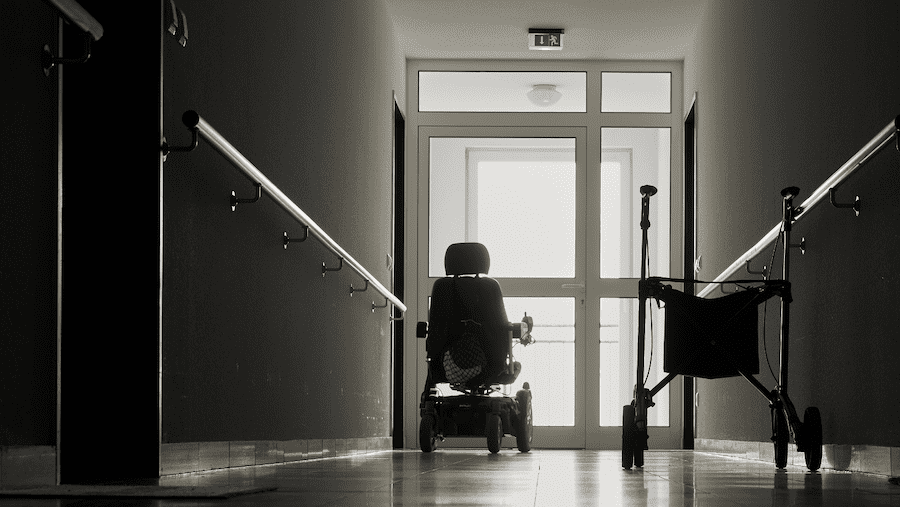Australia is arguably in the midst of an aged care crisis. Just over a month ago we saw news headlines splashed with the story of a Queensland aged care resident who seriously injured her leg after falling from her balcony, allegedly after failing to receive her regular medication on time. The Final Report delivered last year in the Royal Commission into Aged Care Quality and Safety identified the need for urgent systematic change to the Australian aged care system, and made 148 wide-ranging recommendations for reform.
It is unsurprising in the current circumstances that many ageing Australians are reluctant to make the move into a nursing home, even when they know they are struggling to take care of themselves at home. However, there are a surprising number of alternatives available to people who need to receive ongoing levels of assistance if they don’t want to relocate to a formal aged care facility.
1. Assisted Living
If you or a loved one would benefit from some assistance, without needing 24/7 supervision and care, then assisted living may provide a great alternative option to moving into a nursing home. Assisted-living facilities are usually significantly less expensive in comparison to nursing homes, and allow residents to maintain a greater level of independence, with options for assistance available when needed. Assisted living facilities offer residents their own private homes, usually a one or two bedroom residence with its own bathroom and kitchen.
Residents are generally free to have visitors come and go as they please, with privacy remaining in their day-to-day lives. Basic supervision is usually offered, as well as a lot of great services such as housekeeping, transportation, medication monitoring, as well as regular social and wellness activities.
2. Live-in Care
If you or a loved one require ongoing assistance, but want to remain at home, there are a wide range of service providers available to arrange for carers and nurses to attend to you at your home. Your level of care will depend on the assistance that you require, so someone might visit to assist you a few times per week or on a daily basis. Services can include things like meal preparation or delivery, personal hygiene assistance with toileting, showering and dressing, transportation to and from medical appointments and social activities, and assistance with home tasks such as cleaning, washing and ironing.
3. Reverse Mortgage
One of the main reasons loved ones struggle to remain at home is due to a lack of funds required to sustain their everyday living needs, or to pay for larger ticket items that might be required to assist them to remain at home. This usually includes small renovations to the property to install items like ramps and handrails to make the residence more liveable moving forward. In those circumstances, a reverse mortgage might be ideal. Unlike a normal mortgage, a reverse mortgage is not repaid in regular instalments, and rather none of the mortgage loan needs to be repaid until the homeowner dies or moves. That means that all of the funds from the reverse mortgage can be utilised while you remain living at home.
4. Enduring Guardianship
If you are ageing and have a clear wish to remain living at home long-term, and a plan to enable you to do so, that is wonderful. However, there may come a time in the future where you are deemed to lose capacity to make decisions about what your care and living arrangements might entail. If you lose capacity to make lifestyle decisions for yourself, the best way to ensure that your wishes will be followed is to make an Enduring Guardianship appointing someone that you trust to make those decisions for you. You cannot make or change an Enduring Guardianship after you have lost capacity, and in those cases it would be up to family members or friends to make an application to seek that they be appointed to make lifestyle decisions for you. This could lead to the appointment of someone that you would not have chosen for that role. It is therefore imperative that you ensure you have an appropriate Enduring Guardianship in place as you age.
If you or someone you know would like some assistance with aged-care planning, Contact Us on (02) 4943 3988 to speak with one of our lawyers. We have years of experience helping people throughout the Newcastle, Lake Macquarie and Hunter region.
This blog was written by Associate,
Jessica Benson
Jessica practises in the areas of Family Law, Wills & Estate Planning,
Deceased Estates and Will disputes








